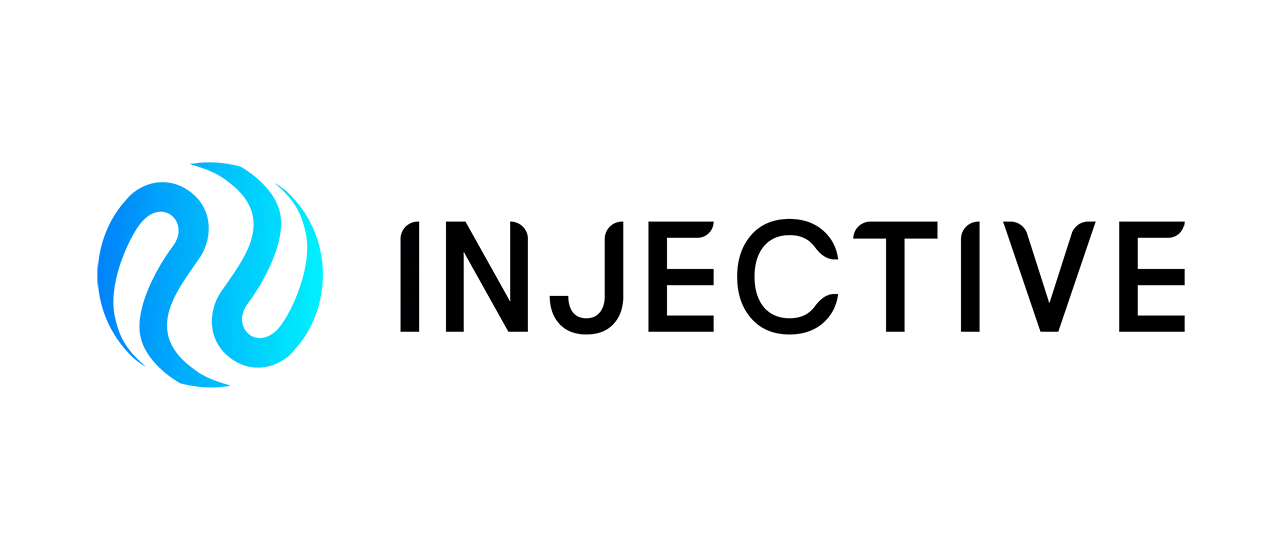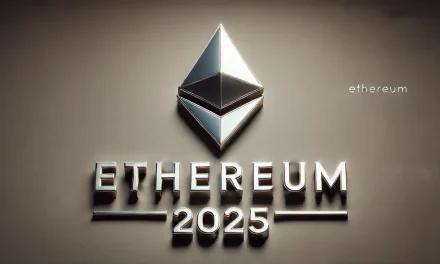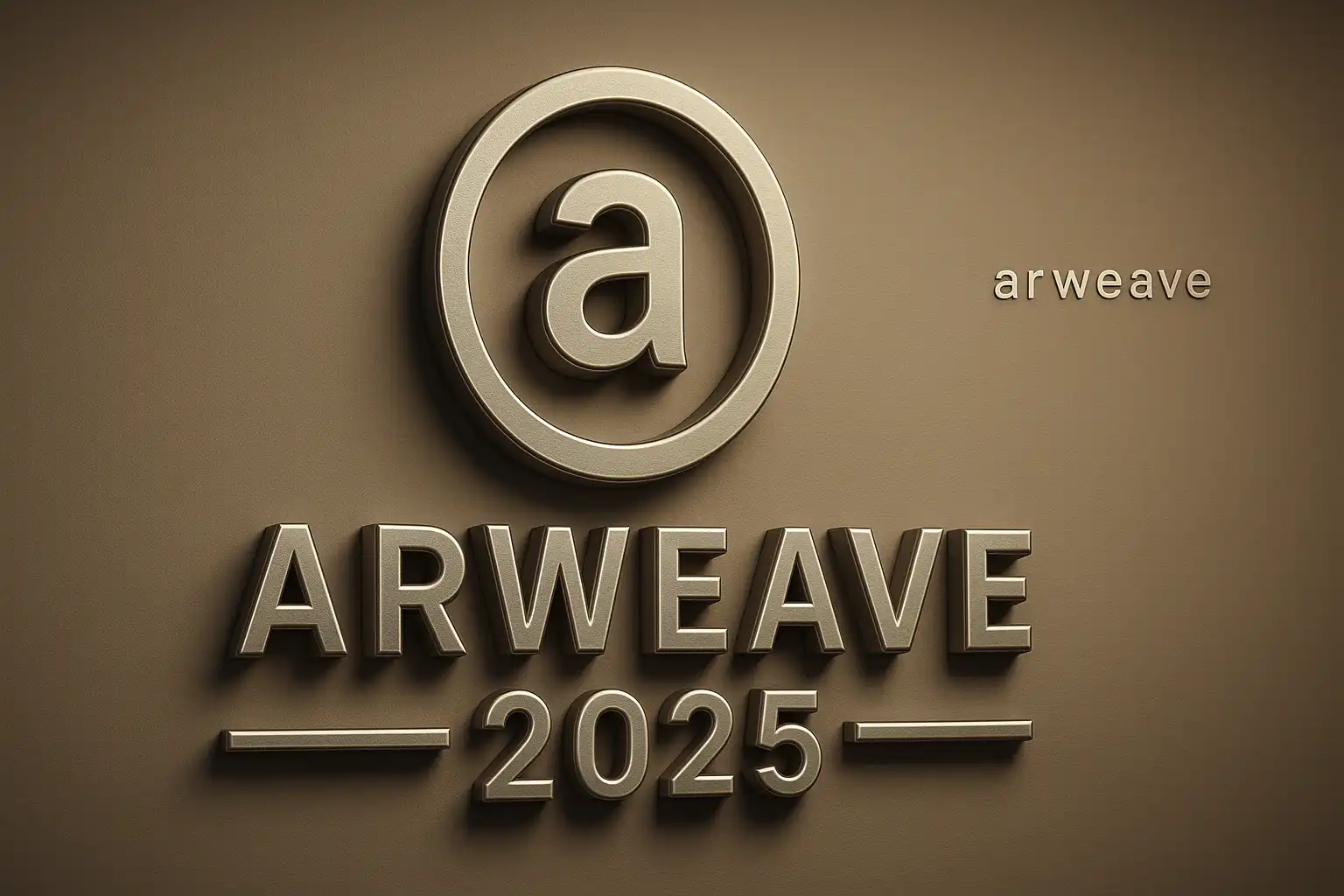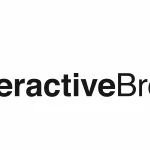Origin and Foundation
In the crowded landscape of decentralized finance, Injective emerged in 2018 as a bold experiment in reimagining the structure of financial markets. Founded by Eric Chen and Albert Chon, the project was incubated by Binance Labs, signaling early confidence from one of the industry’s most influential players. Chen, a protocol researcher with a background in cryptographic systems, and Chon, a former Amazon engineer, envisioned a platform that could transcend the limitations of existing decentralized exchanges by offering a fully decentralized, high-performance trading infrastructure.
Injective’s mission was clear: to create a permissionless, censorship-resistant, and fully decentralized trading protocol that could support a wide range of financial instruments, including derivatives, futures, and spot trading. The founders aimed to democratize access to financial markets by eliminating intermediaries and reducing barriers to entry. This vision was rooted in the belief that decentralized finance should not only replicate traditional financial systems but also improve upon them by offering greater transparency, security, and inclusivity.
Architecturally, Injective is built as a Layer-1 blockchain optimized for decentralized finance applications. It leverages the Cosmos SDK and employs the Tendermint consensus mechanism, which provides instant finality and high throughput. The platform is designed to be interoperable, enabling seamless cross-chain transactions through the Inter-Blockchain Communication (IBC) protocol. Additionally, Injective integrates an Ethereum Virtual Machine (EVM) execution environment, allowing developers to deploy Ethereum-compatible smart contracts and facilitating a broader range of decentralized applications.
The native token of the Injective ecosystem, INJ, serves multiple purposes. It is used for governance, allowing token holders to participate in decision-making processes regarding protocol upgrades and changes. INJ is also utilized for staking, securing the network, and incentivizing validators. Furthermore, it functions as a utility token for paying transaction fees and participating in various DeFi applications within the Injective ecosystem. This multifaceted token design aligns with the platform’s goal of fostering a self-sustaining and community-driven financial network.
Injective’s early development was marked by significant milestones that underscored its commitment to innovation and decentralization. In April 2020, the platform launched its first fully decentralized exchange system, addressing common issues in existing DEXs such as high latency and inadequate liquidity. The following year, Injective raised $10 million in a funding round led by prominent investors, including Pantera Capital and billionaire Mark Cuban. This influx of capital facilitated further development and expansion of the platform’s capabilities.
Throughout its evolution, Injective has remained steadfast in its mission to revolutionize decentralized finance. The platform’s emphasis on interoperability, high performance, and user-centric design has positioned it as a formidable player in the DeFi space. By continuously refining its architecture and expanding its ecosystem, Injective aims to provide a robust foundation for the next generation of decentralized financial applications, challenging traditional financial paradigms and empowering users worldwide.
Ecosystem and Governance
Injective’s governance framework was designed to reflect its foundational ethos of decentralization and community empowerment. From its inception, Injective employed a decentralized autonomous organization (DAO) model where governance decisions are driven by the community of INJ token holders. This governance mechanism enables stakeholders to propose, discuss, and vote on protocol upgrades, fee parameters, and development initiatives. The governance process is executed on-chain, ensuring transparency and immutability, while also allowing for dynamic responsiveness to the needs of its rapidly evolving ecosystem.
The role of the INJ token extends deeply into the governance layer. Beyond simple voting rights, tokens can be staked to gain enhanced influence in decision-making processes. Governance proposals are initiated through a formal submission process, requiring a minimum deposit to mitigate spam. Once a proposal enters the voting phase, token holders can cast their votes in favor, against, or abstain. The final outcome is determined by a quorum threshold, and if passed, proposals are automatically enacted by the protocol’s governance logic. This system not only secures the protocol against unilateral control but also incentivizes informed participation.
From a development standpoint, Injective offers a compelling suite of tools tailored for DeFi builders. The Injective Hub serves as the central gateway for developers and users alike, providing access to wallet interfaces, staking dashboards, and governance portals. Moreover, the network supports smart contracts through a native implementation of CosmWasm, a WebAssembly-based smart contracting platform. This enables developers to write highly efficient, secure contracts in multiple languages, with performance optimizations that surpass traditional EVMs. With this approach, Injective bridges the gap between flexibility and performance, empowering developers to craft complex financial applications.
The Injective ecosystem is strengthened by an extensive network of partners and collaborators spanning various sectors of the blockchain industry. Strategic integrations with Chainlink, Band Protocol, and Wormhole bring robust oracle and cross-chain communication capabilities to the platform. These relationships enable real-time data feeds for derivatives and other complex trading instruments. Simultaneously, Injective’s participation in the Cosmos IBC ecosystem facilitates deep interoperability with blockchains like Osmosis, Terra, and Secret Network, positioning it as a core DeFi infrastructure within the Cosmos universe.
Crucially, Injective’s modular architecture and open-source philosophy have fostered a vibrant third-party developer community. Incubator programs, grants, and hackathons sponsored by the Injective Foundation have accelerated innovation across the stack. Projects building atop Injective range from prediction markets and decentralized insurance protocols to high-frequency trading bots and algorithmic stablecoins. This proliferation of applications reflects both the technical maturity of the Injective protocol and its ability to attract a diverse array of developers seeking scalable, composable DeFi infrastructure.
Community and Market Dynamics
Injective’s user base has experienced significant growth, reflecting its rising prominence in the decentralized finance (DeFi) sector. In 2023, the number of active wallet addresses on the Injective network surged from approximately 14,000 to over 290,000. This remarkable increase indicates a growing adoption of the platform’s offerings and a strengthening community of users and developers.
The Injective community is notably active across various social media platforms, including Twitter, Reddit, and Discord. This engagement is further amplified by strategic initiatives such as the hiring of a “Meme Marketing Master” to bolster the platform’s presence in crypto culture. Such efforts have fostered a vibrant ecosystem where community-driven content and discussions thrive, contributing to the platform’s visibility and user engagement.
From a market perspective, Injective’s native token, INJ, has demonstrated substantial trading activity. As of May 2025, INJ is trading at approximately $11.07, with a 24-hour trading volume exceeding $153 million. The token’s price has experienced fluctuations, reaching an all-time high of $52.75 in March 2024, reflecting the dynamic nature of the cryptocurrency market and investor sentiment.
Injective’s brand presence is reinforced by its strategic partnerships and integrations. Collaborations with entities like Trust Wallet, which joined the Injective network as a validator, have expanded the platform’s reach and credibility. Additionally, the integration of institutional-grade analytics through partnerships with firms like Artemis provides users with comprehensive insights into on-chain data, enhancing transparency and informed decision-making within the ecosystem.
Investor psychology plays a pivotal role in the dynamics of the Injective market. The platform’s emphasis on decentralization, interoperability, and innovative DeFi solutions resonates with investors seeking exposure to cutting-edge blockchain technologies. This alignment with investor interests, coupled with active community engagement and strategic partnerships, positions Injective as a compelling player in the evolving landscape of decentralized finance.
Strategic Outlook
Injective’s 2025 roadmap underscores its ambition to redefine decentralized finance through technological innovation and strategic expansion. A cornerstone of this vision is the recent launch of its native Ethereum Virtual Machine (EVM) integration, which reportedly achieves speeds up to 1200% faster than comparable platforms. This advancement positions Injective to attract a broader range of developers and applications, enhancing its competitiveness in the DeFi landscape.
The platform’s strategic initiatives extend beyond technological enhancements. Injective is actively pursuing partnerships and integrations to bolster its ecosystem. Collaborations with entities like Trust Wallet, which joined the Injective network as a validator, exemplify efforts to expand its reach and credibility. Additionally, the integration of institutional-grade analytics through partnerships with firms like Artemis provides users with comprehensive insights into on-chain data, enhancing transparency and informed decision-making within the ecosystem.
Despite these advancements, Injective faces challenges inherent to the rapidly evolving blockchain industry. The platform must navigate regulatory uncertainties and maintain robust security measures to protect against potential vulnerabilities. Furthermore, sustaining user engagement and developer interest requires continuous innovation and responsiveness to community feedback.
Looking ahead, Injective’s focus on interoperability, scalability, and user-centric design positions it to capitalize on emerging opportunities in decentralized finance. By fostering a vibrant ecosystem of developers and users, and by maintaining a commitment to transparency and innovation, Injective aims to solidify its role as a leading platform in the DeFi sector.










